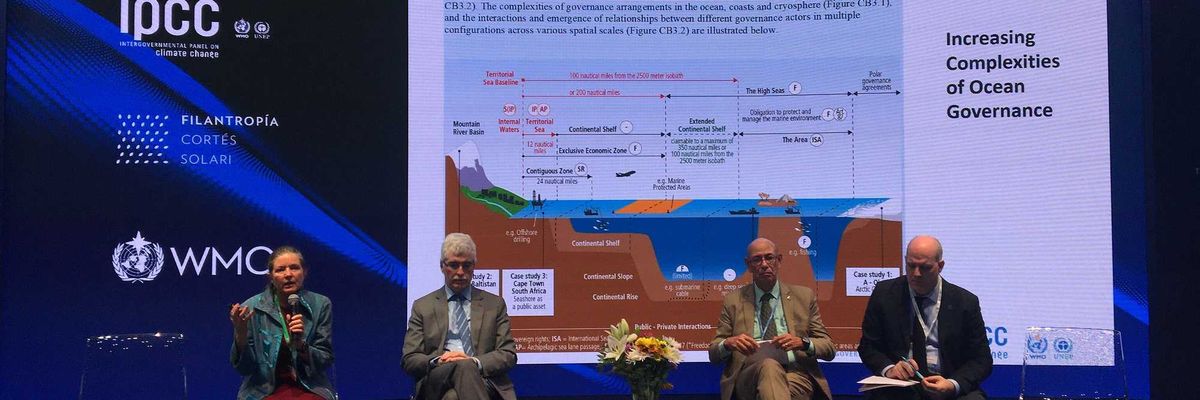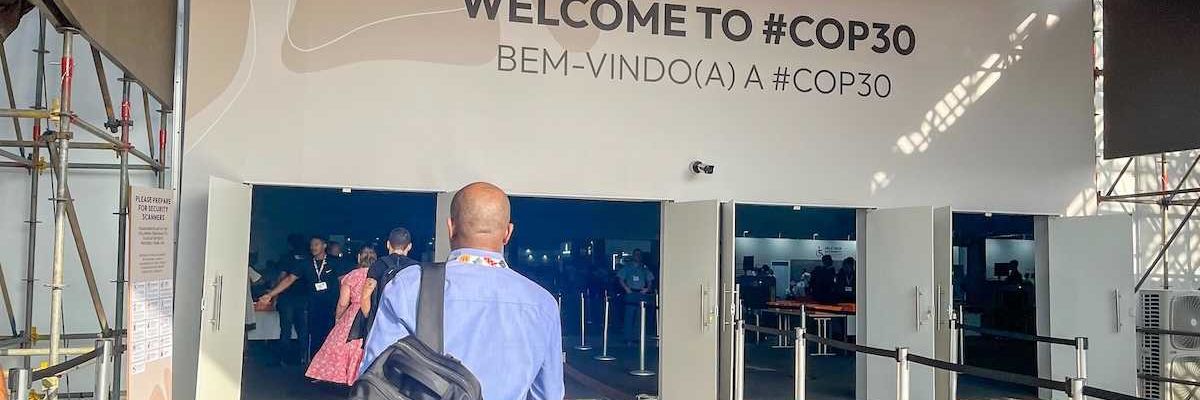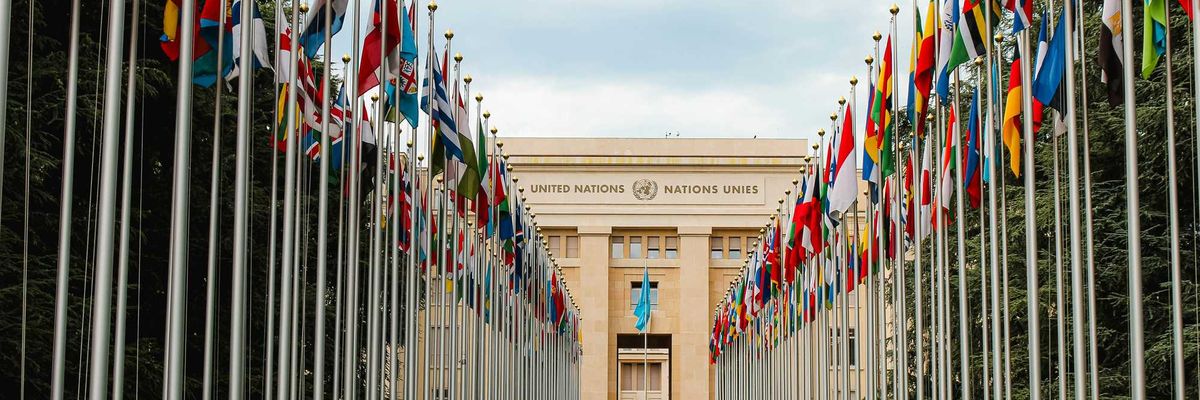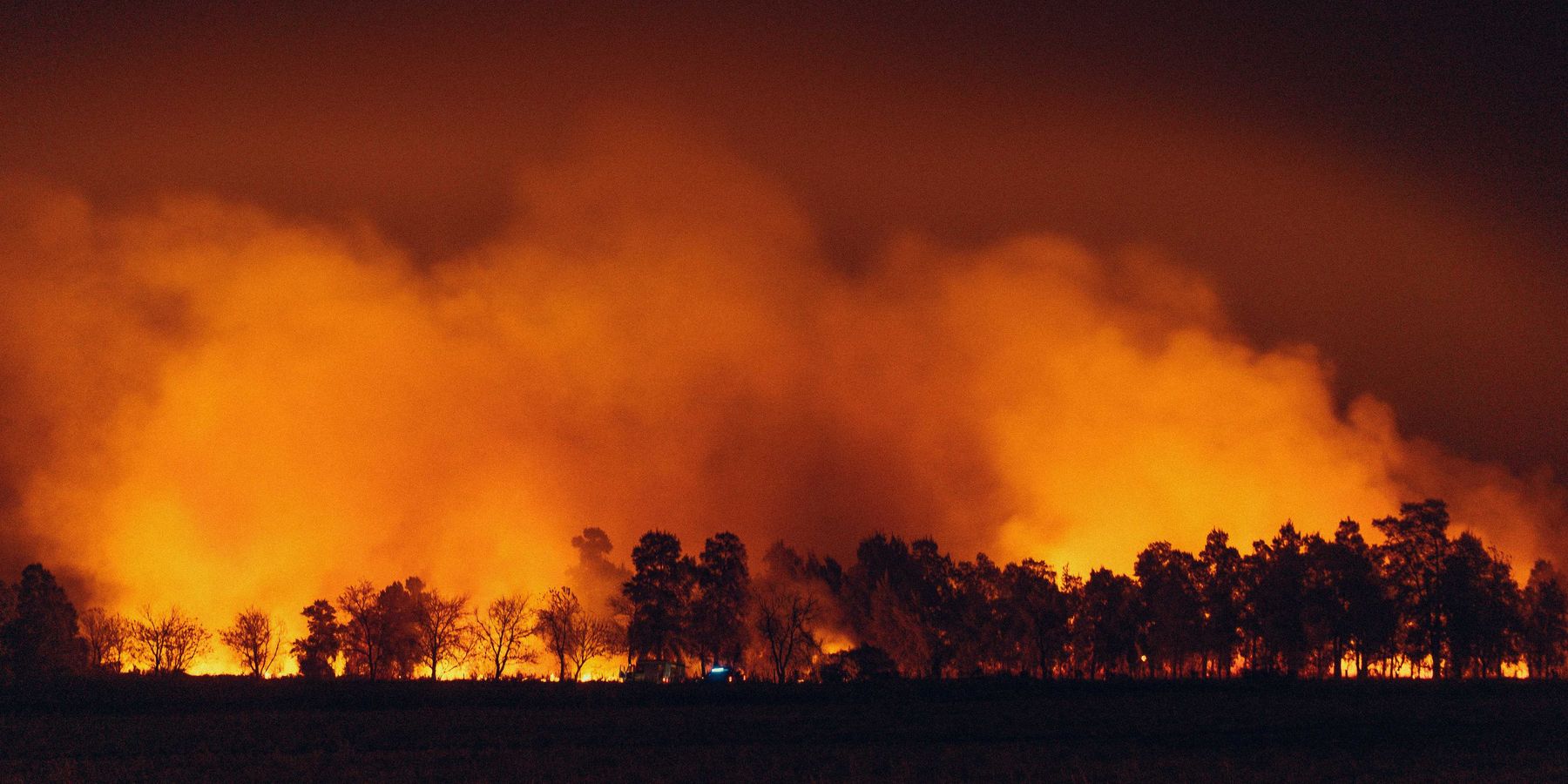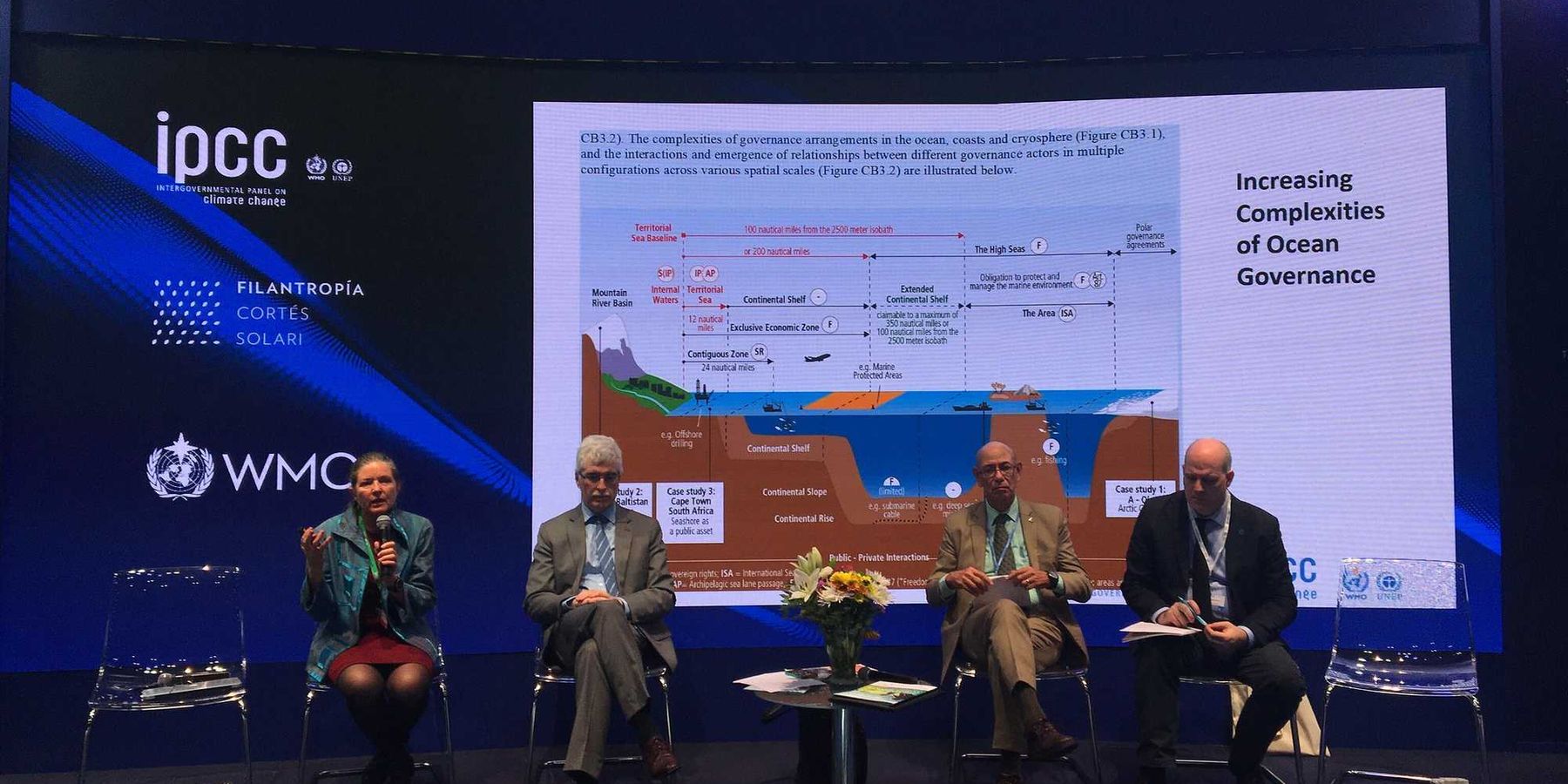inflation reduction act of 2022
Trump plans to dismantle climate funding from key law if elected
Donald Trump announced his intention to pull back unspent funds from the Inflation Reduction Act, a key climate law, should he win the 2024 election, sparking concern over its impact on climate projects, especially in Republican districts.
In short:
- Donald Trump vowed to cancel unused funds from the Inflation Reduction Act, targeting climate and energy programs.
- He floated a government efficiency commission, possibly led by Elon Musk, aimed at reducing government waste.
- The Biden administration has already allocated billions in climate funding, but much remains unspent, creating potential legal battles over clawing back those funds.
Key quote:
“I look forward to serving America if the opportunity arises. No pay, no title, no recognition is needed.”
— Elon Musk
Why this matters:
The Inflation Reduction Act is funneling billions into renewable energy projects, electric vehicles, and cleaner industry across the U.S.—including a lot of Republican-led states that could really use the cash. If Trump succeeds in cutting these funds, it could derail green energy jobs and infrastructure growth in areas that have started to see the benefits. Read more: House Speaker Mike Johnson’s climate change playbook — deny the science, take the funding.
Forest policy debates could shape, but not shift, national forest management
As November’s election approaches, the battle over how we manage national forests heats up, but the day-to-day work in these forests is likely to stay on course.
In short:
- The Forest Service’s work, including logging and fire management, is expected to continue regardless of election outcomes.
- Major funding from the Inflation Reduction Act and the bipartisan infrastructure law will keep driving forest management projects, though future funding could be uncertain.
- The biggest policy divide may focus on protecting old-growth forests, with Democrats likely pushing for more conservation and Republicans favoring resource management.
Key quote:
“There isn’t much controversy over the need to do more to improve the health of the national forests.”
— Bill Imbergamo, executive director of the Federal Forest Resource Coalition
Why this matters:
No matter the outcome of this fall's elections, the U.S. Forest Service's operations will roll on, driven by its army of career employees, not political appointees. Emphasis on a fire-first approach exemplifies the challenge of balancing immediate threats with long-term forest health. Read more: The push for standing forest protections in US climate policy.
Data shows the Inflation Reduction Act boosts US jobs instead of sending them to China
JD Vance's claim that the Inflation Reduction Act sends jobs to China contradicts evidence that it boosts American green manufacturing jobs.
In short:
- JD Vance, GOP vice-presidential candidate, wrongly claims the Inflation Reduction Act shifts U.S. jobs to China by pushing electric vehicle (EV) manufacturing offshore.
- Contrary to the candidate's claims, the 2022 law includes measures to boost U.S. green jobs, such as tax credits for EVs made in North America and tariffs on Chinese EVs, to counter China’s dominance in the EV market.
- Reports show the Act has led to significant investments in clean energy projects across the U.S., creating hundreds of thousands of jobs.
Key quote:
"Energy tax credits have spurred innovation, incentivized investment, and created good jobs in many parts of the country — including many districts represented by members of our conference."
— 18 House Republicans in a letter to House Speaker Mike Johnson (R-La.)
Why this matters:
The Inflation Reduction Act aims to reduce U.S. reliance on Chinese manufacturing and strengthen domestic green energy production. Vance's statements could mislead voters about the Act's impact on U.S. jobs and economic growth.
Be sure to read: Trump selects climate skeptic J.D. Vance as running mate
Senator Manchin's climate law support may have ended his Senate career
Senator Joe Manchin's involvement in the Inflation Reduction Act, despite its benefits for West Virginia, may have jeopardized his Senate career due to its unpopularity among voters.
In short:
- Senator Joe Manchin, who played a key role in passing the Inflation Reduction Act, is facing backlash from West Virginia voters despite the law's positive impact on local manufacturing and energy projects.
- Manchin is shifting focus toward supporting moderates and fostering independent political actions through initiatives like his Americans Together project, indicating his readiness to retire from the Senate.
- Despite working on a new permitting legislation with Republicans, Manchin remains critical of the Biden administration's implementation of the Inflation Reduction Act and other climate policies.
Key quote:
“It’s been weaponized to the point — no matter what good you think is happening, don’t believe your eyes, don’t believe exactly what you’re seeing.”
— Senator Joe Manchin
Why this matters:
Manchin’s story highlights the complex political dynamics of climate legislation in the U.S. Even laws that bring tangible benefits can be politically perilous if they are perceived as aligning with unpopular national policies. His experience underscores the challenges moderate politicians face in balancing constituent needs with broader party agendas.
How the Inflation Reduction Act is helping churches go solar
Churches, synagogues, and mosques nationwide are embracing solar power, thanks to the Inflation Reduction Act's incentives and financial support.
In short:
- The Inflation Reduction Act provides clean energy grants and tax credits, enabling places of worship to install solar panels and save on electricity bills.
- Churches like Watts-Willowbrook Church of Christ in Compton are using these savings to support community programs, such as food ministries and energy costs.
- Solar installations in religious institutions are spreading to underserved communities, promoting environmental justice and economic savings.
Key quote:
“Installing solar panels gives them an opportunity for funding to use in other areas of ministries.”
— Linda Cleveland, Watts Clean Air and Energy Committee
Why this matters:
This move isn't just about cutting down on those hefty energy bills—it's a green leap towards sustainability, showing congregations how faith and eco-consciousness can coexist. By tapping into the cost, climate, and reliability perks of solar energy, religious institutions are setting an example that combines moral responsibility with financial savvy. Read more: House Speaker Mike Johnson’s climate change playbook — deny the science, take the funding.
Climate change gets short shrift in presidential debate
In a CNN-hosted debate, climate change was mentioned briefly, with Biden highlighting the Inflation Reduction Act and Trump offering an incoherent response.
In short:
- Biden pointed to his administration’s clean energy policies, notably the Inflation Reduction Act and the creation of the American Climate Corps.
- Trump avoided a direct answer, instead boasting about environmental numbers and criticizing the Paris Agreement.
- Climate experts were disappointed by the debate's lack of substantial discussion on climate change.
Key quote:
“More time discussing golf than climate. What a world we are living in.”
— Jeff Goodell, author of The Heat Will Kill You First
Why this matters:
Climate change remains a critical issue with far-reaching health and environmental impacts. This debate highlighted the stark contrast between the candidates' approaches, emphasizing the election’s significance for future climate policy. More reading: Trump’s other war is going well.
Concern grows over climate change impact; skepticism remains about Biden's policy effectiveness
A recent poll indicates growing American concern for climate change, though skepticism persists about the efficacy of President Biden's Inflation Reduction Act.
Alexa St. John and Linley Sanders report for The Associated Press.
In short:
- About 45% of U.S. adults report increasing worry about climate change, with marked differences between political parties.
- Despite the Inflation Reduction Act's incentives for clean energy, only a small fraction of Americans recognize personal benefits from the policy.
- Confidence in the long-term effectiveness of the IRA's provisions to address climate change remains low among the general populace.
Key quote:
"We have four children that are in their 20s. It’s like, what’s our grandkids’ world going to be like?"
— Ron Theusch, truck driver and resident of Alden, Minnesota
Why this matters:
The partisan divide on this issue is also significant. Democrats are far more likely than Republicans to view climate change as a major threat and to prioritize it as a national issue. This divide extends to perceptions of President Biden's climate policies, with Democrats more likely to support aggressive climate actions compared to their Republican counterparts, who show considerable skepticism about the impact and necessity of these policies.
In 2022, Peter Dykstra asked: Will the Inflation Reduction Act mark the time when fossil fuels begin to fossilize?

